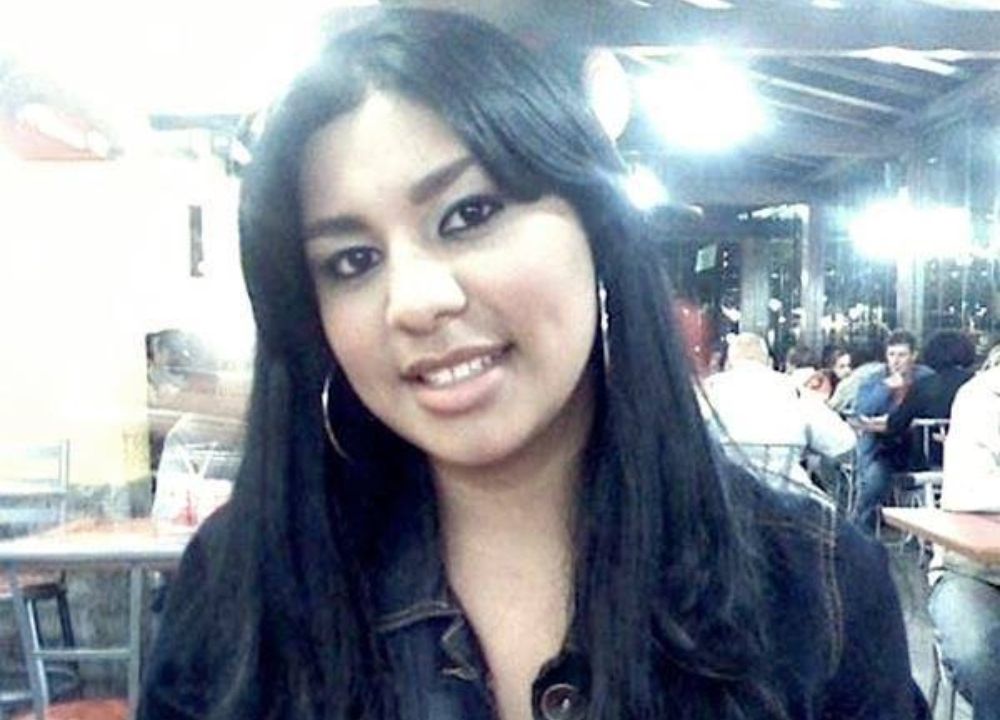In October 2008, a horrifying crime shocked Brazil when 15-year-old Eloá Cristina Pimentel was kidnapped and held hostage by her 22-year-old ex-boyfriend, Lindemberg Alves, in Santo André, São Paulo. The ordeal lasted an agonizing 100 hours, making it the longest kidnapping ever recorded in the state. Tragically, it ended with Pimentel being shot dead by Alves. Her friend, 15-year-old Nayara da Silva, was also shot and wounded in the attack.
The kidnapping began on October 13th when Alves, armed with a pistol, broke into the apartment where Pimentel and da Silva were working on a school project with two male friends. Alves released the two boys but kept Pimentel and da Silva captive.
Over the next few days, police negotiators and Brazil’s Special Tactical Actions Group (GATE) closely monitored the situation. On October 16th, da Silva was released but later returned to the apartment at the request of police to try to negotiate with Alves. However, upon reentering, she was taken hostage again.
Hours later, after reportedly hearing gunshots from inside the apartment, the GATE team decided to storm in. But before they could subdue Alves, he managed to shoot Pimentel twice and da Silva once. The severely wounded Pimentel was rushed to the hospital where she was declared brain dead. She was taken off life support on October 18th.
A Nation in Mourning
Pimentel’s death sent shockwaves across Brazil. Her burial at the Jardim Santo André cemetery was attended by 10,000 grieving people. In a touching gesture, Pimentel’s organs were donated, giving new life to seven individuals in need.
The media coverage of the case was intense, with Pimentel’s terrified face seared into the nation’s collective memory. But the media also came under heavy criticism, especially after a RedeTV! journalist interviewed Alves live on air during the hostage situation, an act many saw as interfering with police negotiations and putting lives at risk.
Controversy and Criticism of Police Response
The São Paulo police faced intense scrutiny over their handling of the crisis. Many questioned the wisdom of allowing da Silva to reenter the apartment and the delay in storming the premises after the door was breached.
Marcos do Val, a Brazilian SWAT instructor, pointed out multiple tactical missteps, such as not utilizing snipers, allowing the standoff to drag on for days, and not making use of alternative entry points like back doors and windows which may have saved Pimentel’s life.
Also Read: Sara Blake Cheek Age Wiki Biography, Net worth, Zodiac Sign
Justice for Eloá
On February 13, 2012, over three years after the crime, Lindemberg Alves’s trial began. After four days in court, he was found guilty on 12 counts, including murder, attempted murder, false imprisonment and weapons charges. The judge handed down a sentence of 98 years and 10 months.
However, at the time, Brazil’s penal code limited the maximum prison time to 30 years (it has since been raised to 40 years). In 2013, an appeals court reduced Alves’s sentence to 39 years and 3 months.
A Lasting Symbol
Over a decade later, Eloá Pimentel’s case still resonates in Brazil. Her innocence, her courage in the face of unimaginable terror, and the tragic outcome that perhaps could have been avoided, left an indelible mark.
Online, people still search for her story, grieving the loss of a young life full of promise. Pimentel has become a symbol of the fragility of life, the bravery of the human spirit, and the need for justice. May she rest in eternal peace.






